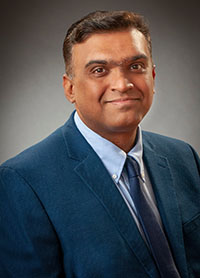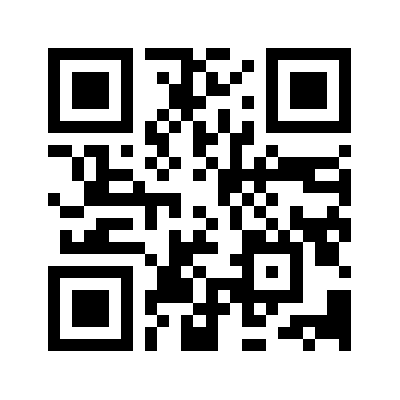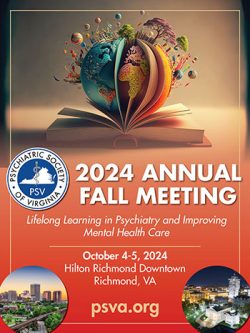By Dr. Badr Ratnakaran MBBS
Assistant Professor
Carilion Clinic-Virginia Tech Carilion School of Medicine

Social isolation is an objective state of decreased social contact. Loneliness or perceived isolation is the subjective distress that occurs from social isolation. More than one in three adults aged 45 years and above have been found to be lonely in the United States, with one in four adults aged 65 being lonely or socially isolated in the United States.[1]
As per the World Health Organization, social isolation and loneliness are prevalent around the world, with one in four older found to be socially isolated and around 5 to 15% of adolescents found to be lonely.[2] Lonely individuals are less rewarded by pleasant stimuli, increased attention to negative social stimuli, social avoidance, and higher self-centered behavior.[3] These can lead to impaired social development, cognitive ability, depression, and anxiety.
Loneliness can increase stress in the brain, leading to impaired inflammation and stress response.[4] As a result, loneliness can increase the risk of cardiovascular disease, stroke, cognitive impairment, mental health, and sleep disturbances.[1] Risk factors for loneliness include single status, including the death of a partner and divorce, racial, ethnic, sexual, and gender minorities, immigrants and asylum seekers, lower socio-economic status, and personality traits like neuroticism.[5]
Various interventions can be implemented to mitigate loneliness, including government policies, educational campaigns, community volunteering and engagement, and individual psychotherapy, including cognitive behavioral therapy, social skills training, and mindfulness training.[6]
References
- National Academies of Sciences E, and Medicine: Social Isolation and Loneliness in Older Adults: Opportunities for the Health Care System. Washington, D.C.: The National Academies Press, 2020.
- World Health Organization. Social Isolation and Loneliness. Available at: https://www.who.int/teams/social-determinants-of-health/demographic-change-and-healthy-ageing/social-isolation-and-loneliness
- Xiong Y. et al. Social isolation and the brain: effects and mechanisms. Mol Psychiatry. 2023;28, 191–201.
- Scatà C, et al. Social Isolation: A Narrative Review on the Dangerous Liaison between the Autonomic Nervous System and Inflammation. Life (Basel). 2023;13(6):1229.
- Barjaková M, Garnero A, d’Hombres B. Risk factors for loneliness: A literature review. Soc Sci Med. 2023 Oct;334:116163.
- Hawkley, L.C. Loneliness and health. Nat Rev Dis Primers. 2022. 8, 22.




